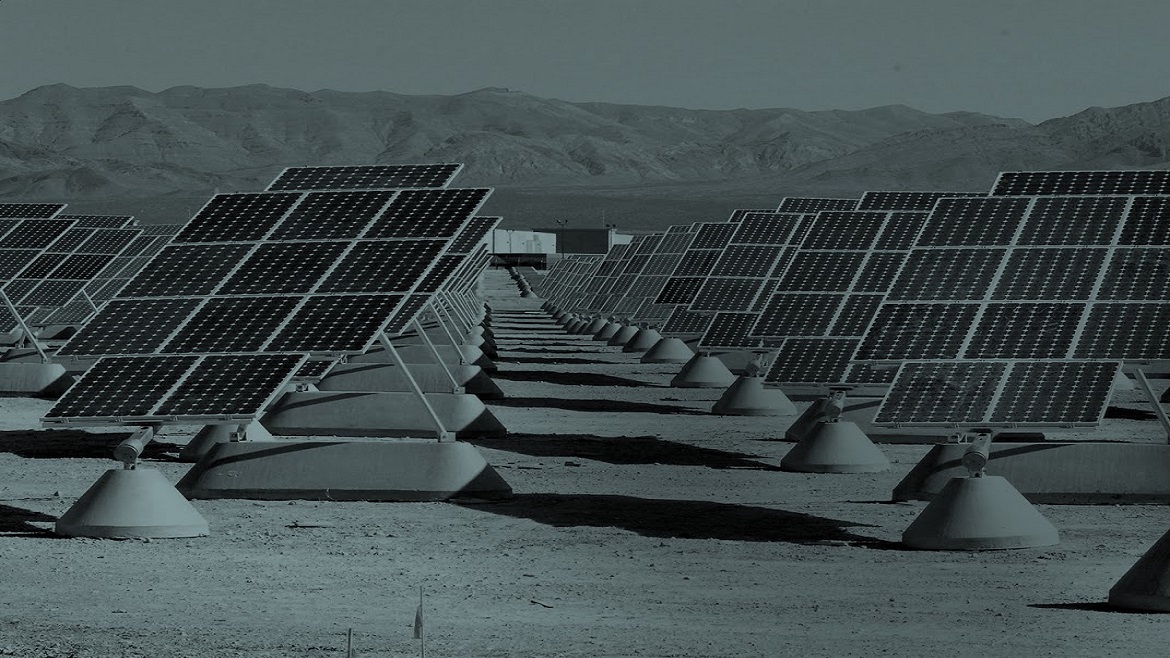Algeria is one of those countries and stands at the beginning of a long-road to energy diversification.
Harnessing solar power could be a natural way of fulfilling energy demand in sun-drenched countries like Algeria, and the launch of the 2011 Renewable Energy and Efficiency Program was testament to this.
The Algerian government has come up with one of North Africa's most ambitious plans for clean energy, aiming to deploy around 22 GW of renewable energy sources by 2030, thus supplying up to 40% of domestic energy with almost half left for export.
Beyond this, Algiers hopes that the project will create 100'000 jobs and free up around $200bn worth of domestically earmarked gas for export between now and 2040.
With 98% of exports and 99% of electricity production coming from hydrocarbons, diversification through development of a significant solar energy potential is seen as a major priority for the country.
Yet realising such an ambitious project will prove difficult. Desertec, run by a German consortium and perhaps the grandest and farthest reaching solar energy programme of them all, seriously stuttered on July 1st. The consortium split, with industry partners falling by the wayside, and retreated from a $400bn plan to supply 15% of European energy from North African solar power by 2050.
Whilst a domestic solar project such as Algeria's can avoid many of the pitfalls of a multi-national and multi-partner consortium such as Desertec, there are certain shared problems. As Susanne Nies, Head of Unit Energy Policy and Generationat Eurelectric, a European industry body, points out in an interview for this blog piece, Europe does not really want North African solar power at the moment, with infrastructure costs, an unstable regional security situation, an improved business environment for European solar production and a net decrease in European energy demand all contributing factors.
This calls into question Algiers's plan to export solar energy, but with domestic demand for electricity still growing and power shortages a past cause of civil unrest, the requirement to fulfil domestic demand is still very much there.
Management of the project is in the hands of CEEG, a subsidiary of state-owned firm, Sonelgaz, and an initial pilot project in the northern town of Hassi R’Mel went online in 2011. This pilot project constituted the world's first integrated solar combined power station and two more plants are planned before the end of 2014, with up to 60 solar and wind farms due to be built between now and 2030.
Costs are slated at a potentially difficult $120bn over the project lifetime and early hurdles have appeared – a $220m contract with Centrotherm Photovoltaics AG (a German firm) for a solar plant close to the coastal town of Rouiba was recently cancelled. Environment advocates can take some comfort in reports that the Ministry of Energy still intends to build a plant at Rouiba with a different consortium, though the 2014 target may not be met.
Very few major projects are completed on time or to budget, but a cancelled contract and a Doing Business ranking by the World Bank Group of amongst the worst in the world indicate that the road ahead will be tricky. On the other side of the coin though, there appears to be a real commitment to the project and a recent EU-Algeria Draft Agreement on energy will look for continued investment, technological transfer and technical assistance across the energy sector, including renewables.
To realise the Renewable Energy and Efficiency Program Algiers and Sonelgaz will need to work closely with private partners and harness their technical expertise. They will also have to avoid some of the difficulties suffered by the hydrocarbon sector, where fears about resource nationalism, regional security and stability, corruption and poor governance have only been mitigated by the quality and quantity of Algerian hydrocarbons, strong (though deteriorating) existing infrastructure and Europe's dwindling domestic supplies.
With no current export demand for Algerian solar power and little existing infrastructure, the situation is different and Algiers may have to work harder to convince investors to partner with them.
The views and opinions expressed in this article are those of the authors and do not necessarily reflect the views of The Economist Intelligence Unit Limited (EIU) or any other member of The Economist Group. The Economist Group (including the EIU) cannot accept any responsibility or liability for reliance by any person on this article or any of the information, opinions or conclusions set out in the article.




